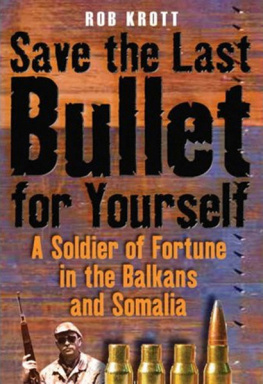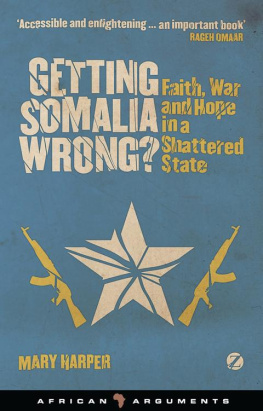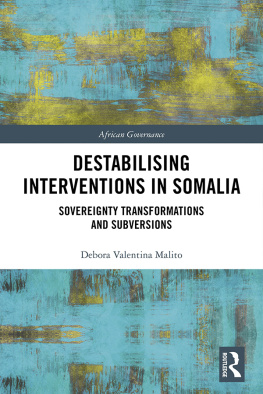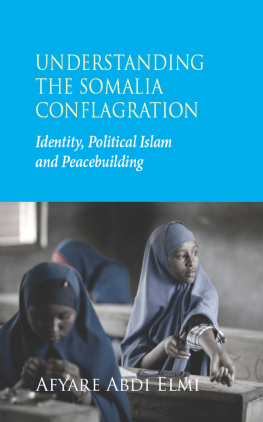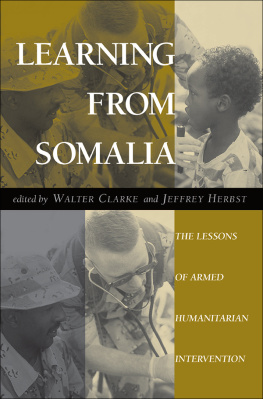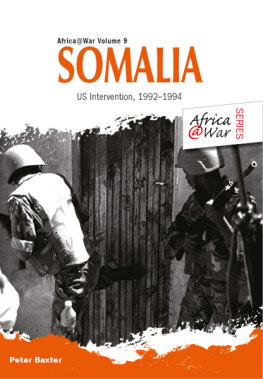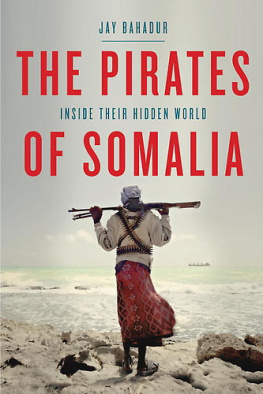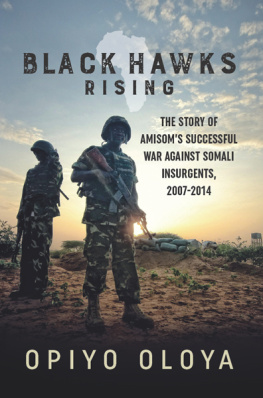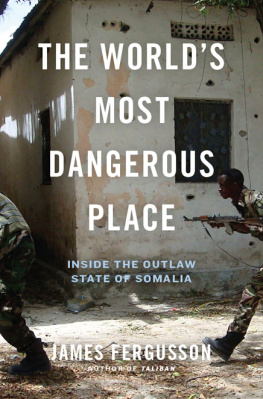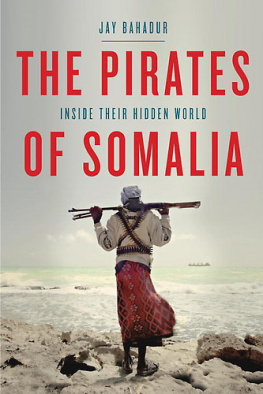

Published in the United States of America in 2008 by CASEMATE
1016 Warrior Road, Drexel Hill, PA 19026
and in the United Kingdom by CASEMATE
17 Cheap Street, Newbury RG20 5DD
Copyright Rob Krott
ISBN 978-1-932033-95-3
Cataloging-in-publication data is available from the Library of Congress and the British Library.
All rights reserved. No part of this book may be reproduced or transmitted in any form or by any means, electronic or mechanical including photocopying, recording or by any information storage and retrieval system, without permission from the Publisher in writing.
Some information in this book has appeared in Soldier of Fortune magazine as Looking for War in All the Wrong Places, Achtung, Baby, and Little Nancy and the Big Bad Mercenaries.
Printed and bound in the United States of America.
For a complete list of Casemate titles please contact:
CASEMATE PUBLISHERS
Telephone (610) 853-9131, Fax (610) 853-9146
E-mail: casemate@casematepublishing.com
or
CASEMATE UK
Telephone (01635) 231091, Fax (01635) 41619
E-mail: casemate-uk@casematepublishing.co.uk
For the family story teller, my grandfather,
Ed Krott, 19142001
IN MEMORIAM
Captain Lance Eugene Motley, aka Gene Scroft, USMA 1979
Foreign Correspondent, Soldier of Fortune magazine
Advisor, Karen National Liberation Army
KIA, Komura, Burma, 31 May 1989
Lance Corporal Domingo Arroyo
3/11 Field Artillery, USMC
KIA, Mogadishu, Somalia, 12 January 1993
Andreas Kolb
International Volunteer, King Tomislav Brigade
KIA, Gornji Vakuf, Bosnia, 15 November 1993
Colonel Robert Callen MacKenzie aka Bob McKenna and Bob Jordan
CDR, Sierra Leone Commando Unit
KIA, Malal Hills, Sierra Leone, 24 February 1995
First Lieutenant David Rocky Eales, USMC
Oklahoma Highway Patrol Tactical Team
Killed in the Line of Duty, 24 September 1999
Jimmy A. Riddle
Security Contractor, SOC SMG
KIA, Ashraf, Iraq, 03 March 2005
Master Sergeant Thomas D. Maholic
2d Bn, 7th SFG (A), US Army Special Forces
KIA, Kandahar Province, Afghanistan, 24 June 2006
Only the dead know the end of war.
Plato
FOREWORD
By
JIM MORRIS
Rob Krott is the writer of his generation whose career most closely resembles mine from the previous generation. The differences between our careers say more about history than they do about either of us.
We both served in Special Forces units as officers. Weve both volunteered to fight in foreign wars for little or no moneyor, indeed, at our own expense. And weve both written about a bunch of small conflicts on several continents of which the majority of our countrymen seemed entirely oblivious.
The main difference is that almost everybody I fought or wrote about was a proxy of the Soviet Union, whereas Krott has fought in or written about a bunch of wars that had no connection whatsoever.
Those differences, however, had far reaching effects.
I was about eleven or twelve when the Soviet Union set off its first atomic bomb. I remember thinking at the time, one of these days were going to have to fight those people, and I better get ready. I spent the next forty years preparing to fight the USSR, fighting the proxies of the USSR, and writing and editing books and magazine articles that depicted that conflict as I saw it, rather than how it was portrayed in the mainstream media.
The media depicted the wars I fought in and wrote about as separate events. I never could figure out why they did that. Everywhere I went the other guys were spending the same money, using the same gear, and sending their future leaders to Patrice Lumumba University in Moscow. After covering four or five wars youd think even a newspaper reporter could figure that out.
I remember saying to a Special Forces lieutenant colonel in El Salvador that all these wars were connected. He looked at me as though Id just grown another head. He didnt say anything, but I could tell he thought I was mentally maladjusted. I had just stated the obvious as though it was some kind of revelation.
I also said that to Bob Brown of Soldier of Fortune magazine. He too dismissed what I was saying with, Everybody knows that.
No, Bob, they dont, I replied. Cause it aint in the papers and it aint on TV. In the past six months Ive covered five of these wars on two continents. I need one more on one more continent, and then Ill do a book about it.
I was frankly beat at the time. I was thinking of taking a month to rest and work out. He said, Great, you leave for Salvador Friday. Be careful what you wish for.
But for Krott and his generation of freelance warriors its been a vastly different deal. They really are separate wars. Theres not a lot of connection between Bosnia, Burma, and Somalia. Different folks, different strokes. Only the wounds are the same.
I have a certain envy for some aspect of Krotts military education. I dont think there is much doubt that he is more broadly educated than my generation was. He knows more about weapons, more about tactics, more medical stuff. Why is that?
Well, my generation of Special Forces spent all of our time in a revolving door, preparing to go to Vietnam, going to Vietnam, recovering from Vietnam, preparing to go again. We didnt study the weapons, tactics, terrain, techniques that werent being used there, because we didnt have time to do that. We learned US and Soviet weapons, and we learned to fight small brown people in the jungle. Period.
In his era of Special Forces, Krott learned how to fight anybody anywhere. Thats a huge difference.
Where my generation had it all over his is that we never had to fight with anybody we didnt like. At least I didnt. My SF teams were the greatest guys I ever knew. But also I fought with Montagnards. They were wonderful people, and Im still deeply involved in helping them as best I can.
Krott had a similar experience with his fellow American soldiers. But most of the mercs he fought with were the worst collection of scumbags gathered from the lower depths of society: thugs, outlaws, perverts, murders, thieves, cutthroats, and simple assholes.
And scattered among them were a very few fully qualified, idealistic, smart, adventurous young guys who sought out the many places in the Third World where good people were being jerked around, and went there for the express purpose of kicking hell out of the people doing the bad stuff.
One thing Ive noticed about mercenaries is that you can have three of them in the same place at the same time, doing pretty much the same stuff in the same way, and one will be a genuinely evil scumbag, one will be a pathetic loser, and one will be pretty much a saint. Go figure!
Actually I have a quarrel with the term mercenary. Very few of the mercenaries Ive ever met were actually mercenary. Theres little or no money in mercenary work, and anybody who fights primarily for money is an idiot, because if you get killed you cant spend it.
At one time at Soldier of Fortune magazine the staff amused themselves by writing fortunes for soldier of fortune cookies. The only one I remember is, You will take over a small central African country, and make five hundred dollars.
I met a couple of guys in Burma who were on the merc circuit: Bosnia in the summertime, Burma in the winter. They were acquaintances of my friends, Don and Dave Dickinson. Don and Dave are also modern warriors, half-Thai and half-Canadian, both are veterans of both armies, both are airborne, one in the Royal Thai Army, the other in the Canadian Army, and both became the kind of journalists that the mainstream media wouldnt touch, since they actually knew something about the subject.
Next page
